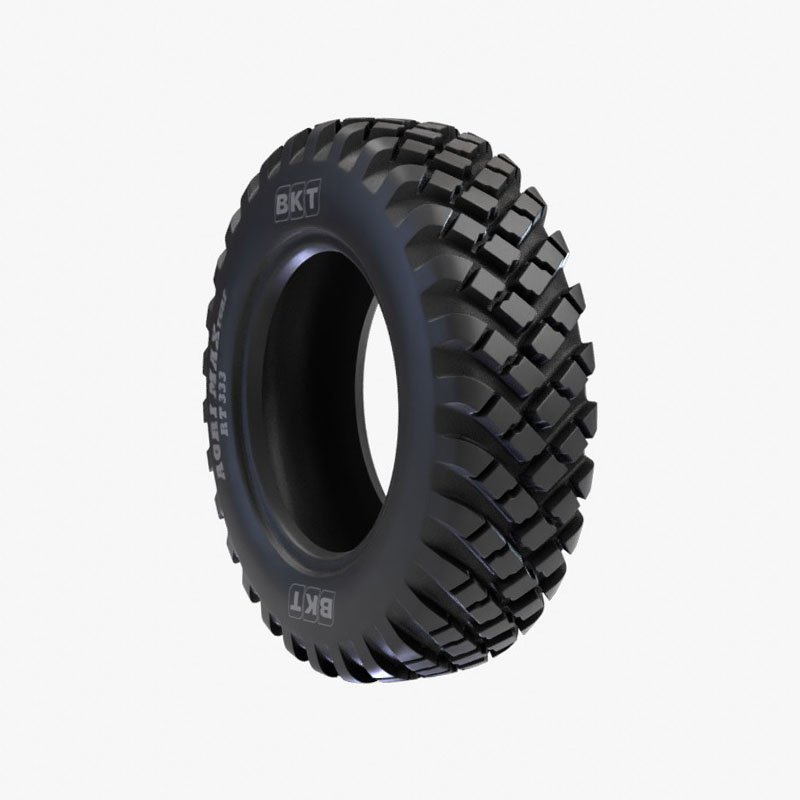
All Terrain Tires for Compact Tractors: Versatile Tires That Handle Multiple Surfaces with Ease
Introduction
Compact tractors are indispensable tools for farmers, landscapers, and property owners who need reliable machinery for various tasks. One of the most critical components of a compact tractor is its tires. All-terrain tires are designed to provide optimal traction, durability, and performance across diverse surfaces—whether you’re working on muddy fields, rocky terrain, or even snow-covered landscapes.
Unlike standard tires, all-terrain tires for compact tractors are engineered with specialized tread patterns and reinforced sidewalls to handle challenging conditions. In this guide, we’ll explore the benefits of all-terrain tires, their key features, and how they compare to other tire types like snow tires.
Main Content
Benefits of All-Terrain Tires
All-terrain tires offer several advantages over standard or specialized tires, making them a versatile choice for compact tractor owners. Here are some key benefits:
- Enhanced Traction: The aggressive tread patterns provide superior grip on loose soil, gravel, and uneven terrain.
- Durability: Reinforced construction resists punctures and wear, extending tire lifespan.
- Versatility: Suitable for multiple surfaces, reducing the need for frequent tire changes.
- Improved Stability: Wider treads distribute weight evenly, minimizing soil compaction.
Whether you’re plowing fields, hauling heavy loads, or navigating rough landscapes, all-terrain tires ensure consistent performance.
Performance in Muddy Fields
Working in muddy fields can be challenging, especially with standard tires that easily get stuck. All-terrain tires feature deep, self-cleaning lugs that prevent mud buildup and maintain traction.
Key features for muddy conditions include:
- Wide Spacing Between Lugs: Allows mud to eject rather than clog the tread.
- High Sidewalls: Protects against debris and reduces slippage.
- Flexible Rubber Compounds: Adapts to uneven terrain for better grip.
Farmers and landscapers who frequently work in wet conditions will find all-terrain tires indispensable for maintaining productivity.
Comparing All-Terrain Tires to Snow Tires
While all-terrain tires perform well in various conditions, snow tires are specifically designed for icy and snowy environments. Here’s how they compare:
- Tread Design: Snow tires have siping (small slits) for better ice grip, while all-terrain tires rely on larger lugs for general off-road traction.
- Rubber Composition: Snow tires use softer rubber that remains flexible in cold temperatures, whereas all-terrain tires prioritize durability.
- Usage: If you primarily operate in snowy regions, dedicated snow tires may be more effective. However, all-terrain tires provide a balanced solution for mixed conditions.
For those who encounter occasional snow but mostly work on varied terrain, all-terrain tires offer a practical compromise.
Choosing the Right All-Terrain Tire
Selecting the best all-terrain tire for your compact tractor depends on several factors:
- Tractor Weight & Load Capacity: Ensure the tires can support your tractor’s weight and any additional loads.
- Terrain Type: Consider whether you mostly work on soft soil, rocky paths, or mixed surfaces.
- Tire Size & Pressure: Proper sizing and inflation affect performance and longevity.
- Brand & Warranty: Reputable brands often provide better durability and customer support.
Consulting with a tire specialist or reading user reviews can help you make an informed decision.
Conclusion
All-terrain tires for compact tractors are a smart investment for anyone needing reliable performance across diverse landscapes. Their superior traction, durability, and versatility make them ideal for tackling muddy fields, rough terrain, and even light snow conditions. While specialized tires like snow tires excel in specific environments, all-terrain tires provide a well-rounded solution for most users.
By understanding your tractor’s requirements and the conditions you frequently encounter, you can choose the best all-terrain tires to maximize efficiency and minimize downtime.
Frequently Asked Questions (FAQ)
1. Can all-terrain tires replace snow tires in winter?
While all-terrain tires perform decently in light snow, dedicated snow tires are better for heavy snow and ice due to their specialized tread and rubber composition.
2. How often should I replace my all-terrain tires?
This depends on usage and terrain. Inspect tread depth and sidewalls regularly—typically, replacement is needed every 5-7 years or when tread wear becomes significant.
3. Are all-terrain tires suitable for highway use?
Most all-terrain tires for compact tractors are not designed for high-speed highway travel. They prioritize off-road traction over on-road comfort.
4. Do all-terrain tires require special maintenance?
Regular cleaning to remove debris and checking tire pressure are essential. Avoid overloading to prevent premature wear.
